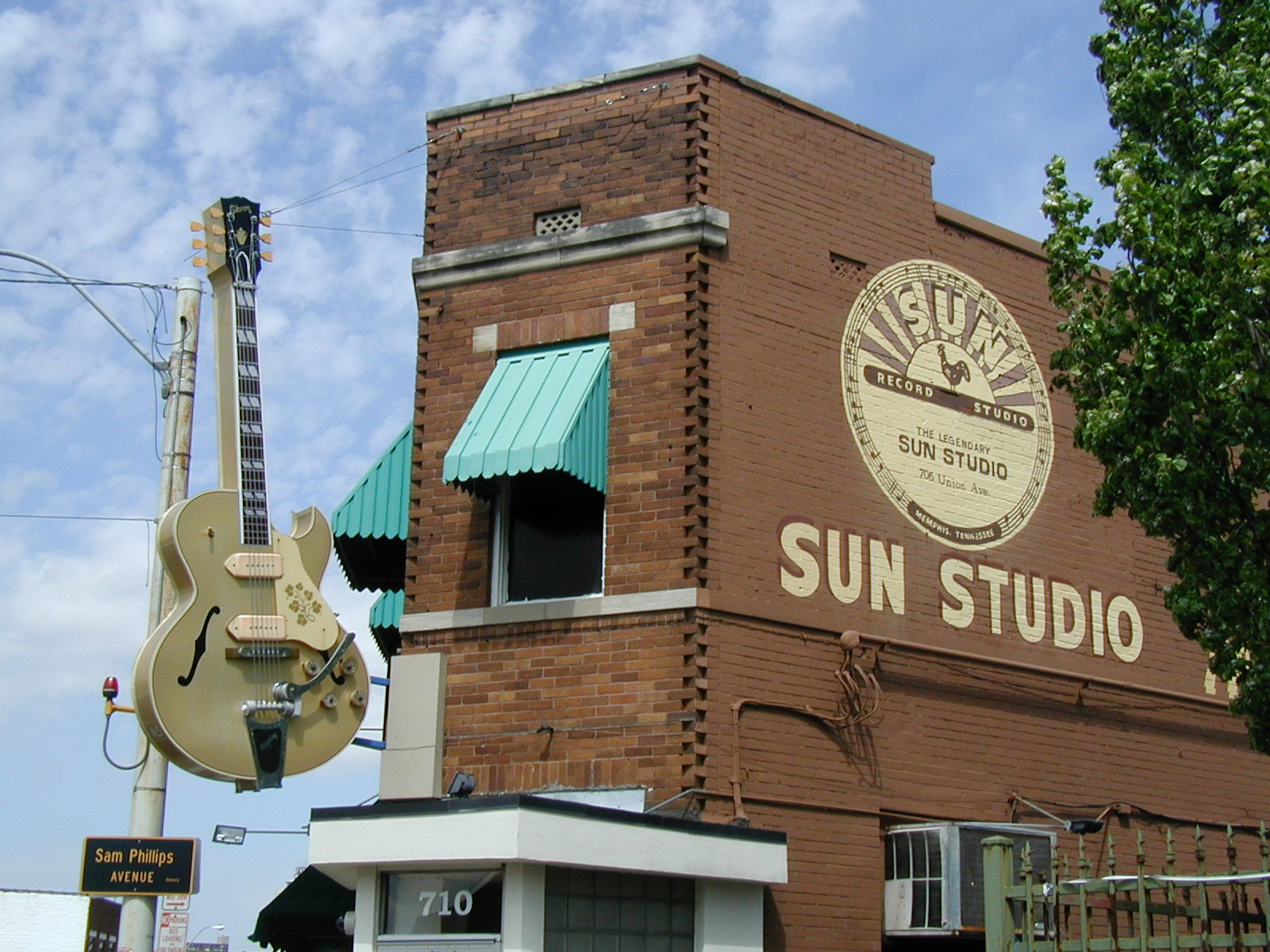I just returned to Nashville from New Jersey, New York & New Jersey. Remember – New Jersey has a few things all visitors should do – spend quantity time at
Notice I wrote “quantity time.” All time spent at these three (3) New Jersey places is QUALITY TIME. That is indisputable. One never has to defend a choice to visit New York because New York often means New York City and NYC, even to a Bostonian, is crazy-great. Two of my favorite sayings about NYC are:
“If you don’t love New York, you don’t love life.”
“I’d leave New York for the weekend but I’m afraid I’d miss something.” (spoken by a NYC resident)
_________________________________________________________________________
The New Music Seminar ended on Tuesday, June 11, 2013. NMS took place in New York City (the New Yorker Hotel) and began on Sunday night, June 9, 2013. (Excuse my impossible-to-break habit of including the year in every date.) I missed the opening schmooze-athon event as I always do. It was not so that I could commemorate the
4th anniversary of my Keynote Address at the Copyright Wars Summit (“Law vs. Technology: Embracing Not Suing New Technologies.”).
(And I don’t do self-commemoration.) It was because I got to spend time at Laurelwood Arborteum (2). (Click on that Laurelwood link – it’s an even better photo.).
The New Music Seminar is a conference that attempts to show what’s going on in the present-day music industry – not what certain parties WISH was going on, or LONG FOR what HAD BEEN going on, or pontificate about what SHOULD BE going on. NMS, like a few other conferences, aspires to SAY or REFLECT what’s going on and where things are likely, or could be, headed.
_________________________________________________________________________
Here are a few of my thoughts – thirty-two (32) little statements – about the present state of affairs in the music industry. And because I feel this way, I assume many others do as well. I’d go so far as to say that these are also a few things that EVERYONE seems to know and some seemed to be saying things like this at 2013 NMS this week.
1. Sales of CD’s have greatly diminished.
2. Sales of recorded music have greatly diminished and usually are not central and/or supremely important to a musician’s income.
3. Access to music is very important.
4. Access to music (recorded music and live music) is growing in importance.
5. Access to music means (to a substantial extent) STREAMING. STREAMING means music is coming out of a complicated device, not the BIG RADIO found in wealthy peoples’ homes in the early 20th century, but small complicated devices that fit in a human’s hand.
6. Access to music now means mostly digital.
7. Access to music now means Internet access and…
8. Access to music means mobile – it must be in your paws. Soon it will be accessible via the implants somewhere under your skin, or the IP (intellectual property) pills you will ingest. (And some people have Google Glass.)
9. It is imperative that we MONETIZE…fill in the blank. I’ll start:
10. Monetize access to music via a desktop computer (I’m one of the few who uses these).
11. Monetize access to music via a laptop computer (I rarely use these).
12. Monetize access to music via a tablet (I use these everyday. To me, TABLET = iPad but feel free to disagree.)
13. Monetize access to music via an even more mobile device, for example a 4 or 5 inch tall, 2, 3 or 4 inch wide, very thin computer-like device filled with shiny, consistently-updated new applications (known as “apps) that also can make old fashioned telephone calls. Many think of these devices as also being cellular phones. I think of them as fabulous Apple or Samsung devices that provide app-access and Internet access by means of forcing the user to sleep with/cohabitate with and pay large corporations too much for favors that are very personal and intimate. These pay-the corporations-too-much models are also known as DATA PLANS.
14. Social media is extremely important for music artists, their music companies (“music companies” is purposefully vague and potentially very wide in scope) and their fans.
15. It is essential that music artists as well as some of their team use social media effectively.
16. It is essential that music artists as well as some of their team use social media to engage and interact with their fans.
17. It is essential that music artists use social media to do more than simply promote and shout about themselves and their upcoming album, tour, video, film, public appearance, endorsement, marriage, divorce, arrest, lawsuit, settlement, community act, etc.
18. It is essential that music artists are authentic and true to themselves when using social media as authenticity aka honesty is what 21st century audiences/viewers/readers expect and (usually) receive. When a music artist is less than authentic, almost everyone detects it immediately.
19. Social media is not a replacement for writing, recording and performing good and great music.
20. Social media is not a replacement for playing live.
21. Social media is not a replacement for touring.
22. There are far more revenue streams for musicians and creators now than existed 10, 15, 20 or more years ago. (Read the Future of Music Coalition’s 42 Revenue Streams.)
23. Musicians are more likely now than ever to have a better-than-poverty level income.
24. Musicians are more likely now than ever to be able to enter the middle class, even if it might be the lower middle class.
25. Musicians now have many more tools to assist them in having their music heard.
26. Musicians now have much greater control over the promotion, marketing and dissemination of music they perform, record and create. (Musicians, conversely, also have the power to give away/cede their power to control as well.)
27. It is imperative that U.S. musicians try to have their music performed, disseminated and purchased outside the U.S..
28. It is much easier to have one’s music performed, disseminated and purchased outside the U.S. than in the past.
29. The U.S. is responsible for 25-35% of music performed, disseminated and purchased worldwide.
_________________________________________________________________________
30. Technology threatens business as usual until it becomes business as usual.
31. Music and the arts have always intersected with law, business, technology and communication. It has always been this way. It will always be this way. (forever and ever)
32. The Internet is your friend. Walk away from those who fear the Internet and technology. Fear them (no, pity, educate and then ignore them) and not the Internet.
_________________________________________________________________________
In the next posts, I will discuss some specifics about the 2013 New Music Seminar. Much of what I will relate will be done via Tweet, in fact, many tweets. That is simply a statement relating which writing/conveying/a’-talkin’/Internet-ing tools I will use – a neutral thing and not necessarily good or bad. I have used Twitter since 2007 and always thought it was an important DESCRIBER of IDEAS and EVENTS. Twitter is just they way it will be. (I’ll stop short before I more fully paraphrase Bruce Hornsby.)
_________________________________________________________________________
HAPPY FLAG DAY EVE!
_________________________________________________________________________



I want to go to the first E. Michael Harrington Seminar!
That is so nice of you, Zuke! I really appreciate your kind words! I hope you like my next installments re #nms13 .
Hey Professor Harrington!
Awesome post…I’m glad to hear that a lot of other people also feel the same way. I would have loved to have seen you speak in NYC!
Since there doesn’t seem to be a clear path to follow like with the traditional business model, do you think we’ll be seeing a growing trend of artists doing it themselves and releasing music solely digitally through services like TuneCore and CD Baby? Or, do you think there’s still room for record labels in whatever business model the music industry will be forced to adapt to with the changing technology? Is the role of a major label, or a record label in general, dependent on what type of music you play, in your opinion?
I’ve been following Nine Inch Nails’ Trent Reznor and his dabbling in different distribution methods and marketing campaigns over the past few years and he recently signed a deal with Columbia Records, after going independent only a few years ago and vowing to never work with a record label again. It’s obviously much easier for someone like Trent to get a favorable record deal than a new band. His reasoning has been that he can reach more people, especially new fans, with a label than he could independently. Do you think as social media and technology in general develops, musicians will be able to circumvent that idea – or are we already there? Or will musicians just be responsible for developing themselves (like labels used to) and then signing to a label to reach more people?
Awesome posts! Hope you’re doing well!
Hi Harry:
Thank you for your very kind words! I hope you can attend the next NMS as you’ll find it enlightening and cutting edge.
I think the do-it-yourself (DIY) mentality is extremely important. I think one should learn as much as possible and get involved in every aspect of being a musician as well as manager, agent, lawyer, publisher, etc. At least learn as much as one can about these fields so that you can better understand how your career should unfold. Also, members of your team will work harder if they see you working hard, and they’ll work better if they know you know what’s going on and stay on top of things. It’s important to remember that no one will care more about you and your success than YOU, the artist.
Record labels will still be here but they have to be more streamlined, less wasteful, more intelligent and more creative. But some of them rely on onerous 360 contracts rather than do things more fairly. Some important advantages the labels had (distribution, marketing and promotion) are no longer by default their strong suits.
Reznor and Prince and huge artists can dictate the situations and have labels “fall over themselves” to try to be their Prince’s and Reznor’s prom dates (“Take me! Take Me!!!) and try to distribute their music in some manner.
Social media and new marketing platforms are huge game changers. Artists can do so well if they understand the technology and their fans’ needs/desires, use all the new tools well, and stay on top of all of the developments.
I’ve got a few more posts coming very soon (within a few hours from now) on other parts of NMS I found interesting. I look forward to your reactions!
Thanks again, so much, for your enthusiasm and remarks!